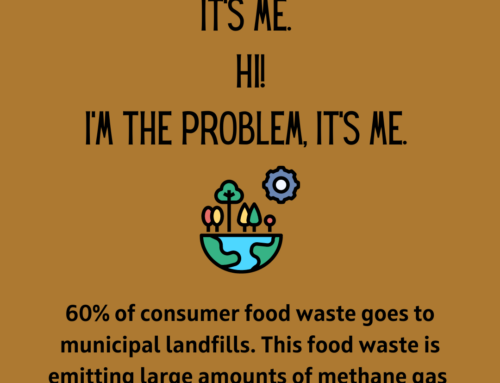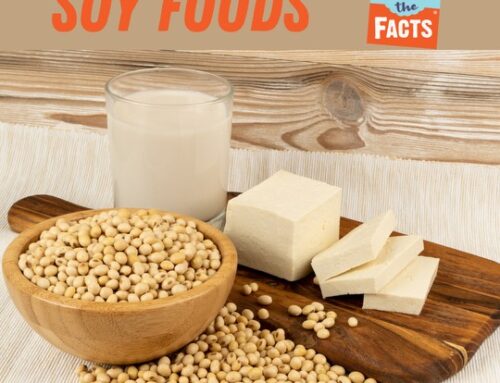“All natural”. What does that mean to you? For a few years now, food manufacturers like to use the word “natural” on product labels since consumers seem to gravitate toward it. Defining what’s natural is important, as is understanding that “natural” products can intermingle with some “not-as-natural” products.
So what is a natural food? Well, one definition includes foods that are available as they are found in nature – A green bean that’s snipped off the vine, and apple plucked off the tree, a walnut from its shell, a fresh egg straight from the hen house. Some may argue that packaged fresh meats (poultry, beef, pork) or fish aren’t quite natural since they are somewhat processed (butchering, cutting) and the animals may have been fed “artificially” (grain or feed, farm-raised versus simply roaming the pasture or swimming the river). Still, for the most part, I’d call most fresh meats, poultry and fish, natural. According to the USDA, natural means that a product
“contains no artificial ingredient or added color and is only minimally processed”.
But what about all of the packaged foods on the market that make the “natural” claim? The FDA doesn’t really have a clear definition of “natural”. I always find it interesting that while some folks may bash “big food”, somehow the organic and natural food-makers get a health halo.
For instance, during a recent trip to a local grocery store’s “Organic and Specialty” aisles, I noticed a product called Rice Works snack chips that are made from brown rice. So you may think: “Brown rice is better for me and higher in fiber” and that’s true. But do you benefit from getting your fiber from a snack food? These snack chips are probably farther from brown rice than the typical potato chip is from a potato. And are these types of snacks really better than old fashioned potato chips? Well, basically, no.
a product called Rice Works snack chips that are made from brown rice. So you may think: “Brown rice is better for me and higher in fiber” and that’s true. But do you benefit from getting your fiber from a snack food? These snack chips are probably farther from brown rice than the typical potato chip is from a potato. And are these types of snacks really better than old fashioned potato chips? Well, basically, no.
Take a close look at the bottom line on the Nutrition Facts label. One ounce of the Rice Works chips provide:
140 calories
6 grams of fat
120 milligrams of sodium (up to 200 mg in some flavors)
1 gram of fiber
An ounce of Cape Cod Original potato chips contains:
140 calories
8 grams of fat
150 milligrams of sodium
<1 gram fiber
The Rice Works chips contain brown rice and up to 20 other ingredients; the potato chips contain potatoes, oil and salt. So which is “healthier”?
This is the dilemma that many consumers have, although it’s really not a dilemma at all. It is interesting that the Rice Chip tries to act like a health food, and yet the good ‘ole potato chip has simply three ingredients and a very similar calorie, fat and sodium profile. So when checking out new products in the “health food section” of the grocery store, take a close look at them, and don’t assume that just because they are packaged in healthy-looking wrappers, they are automatically healthier than the original or alternative.
It’s not about which snack you choose, it’s about how often you choose them and the size of the portion you consume. All foods can fit and don’t be fooled by healthier-looking-product-labels. Eat the one you enjoy the most, in small portions.





Very interesting share. Even I eat 3 meals everyday, I still do eat snacks but sometimes I can manage not eating some. I agree, we should eat the one we enjoy the most but we should remember to eat in moderation.